The Praise of Folly
The Praise of Folly
Translated by John Wilson 1668
Book Excerpt
d ever grow, but, on the contrary, rue, angelica, bugloss, marjoram, trefoils, roses, violets, lilies, and all the gardens of Adonis invite both your sight and your smelling. And being thus born, I did not begin the world, as other children are wont, with crying; but straight perched up and smiled on my mother. Nor do I envy to the great Jupiter the goat, his nurse, forasmuch as I was suckled by two jolly nymphs, to wit, Drunkenness, the daughter of Bacchus, and Ignorance, of Pan. And as for such my companions and followers as you perceive about me, if you have a mind to know who they are, you are not like to be the wiser for me, unless it be in Greek: this here, which you observe with that proud cast of her eye, is Philantia, Self-love; she with the smiling countenance, that is ever and anon clapping her hands, is Kolakia, Flattery; she that looks as if she were half asleep is Lethe, Oblivion; she that sits leaning on both elbows with her hands clutched together is Misoponia
Editor's choice
(view all)Popular books in Essays, Humor, Religion, Fiction and Literature
Readers reviews
4.0
LoginSign up
An exhaustive account of the role of idiocy in the advancement of the world, based on the idea that fools leap to do things that wiser men balk at. Presented as a lecture by the goddess Folly, she makes the point that she is the most powerful of the gods, since she even rules the gods. Society, politics, science, religion, war, and just about everything else in the universe is driven by folly.
The piece is far, far, too long. Erasmus seemed to want to take a swipe at every institution in the world. I suggest skipping the letter to Thomas More that makes up the first 23% of the book.
The piece is far, far, too long. Erasmus seemed to want to take a swipe at every institution in the world. I suggest skipping the letter to Thomas More that makes up the first 23% of the book.
- Upvote (0)
- Downvote (0)
Awesome book. Not only very enlightening but also funny. In his praise of folly, Erasmus reviews history, showing that in their search for power, some people fall into the most incredible contradictions with the morals they preach.
05/23/2008

 Free Download
Free Download























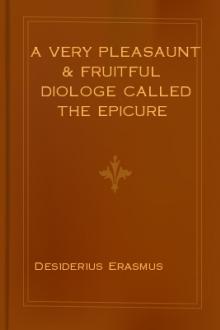
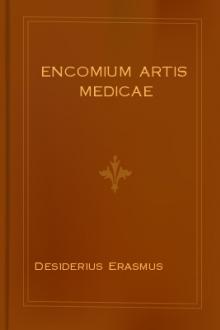
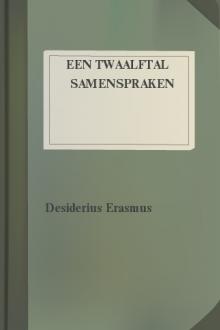
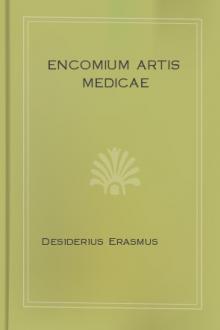

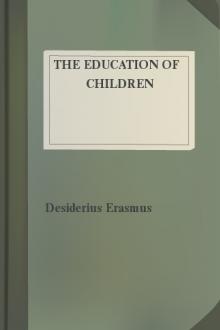
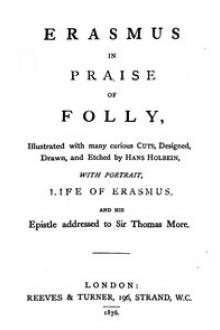
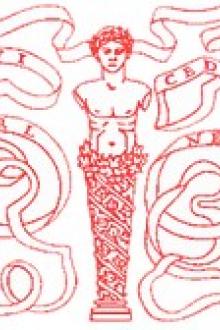


-itok=vcKIB5v1.jpg)